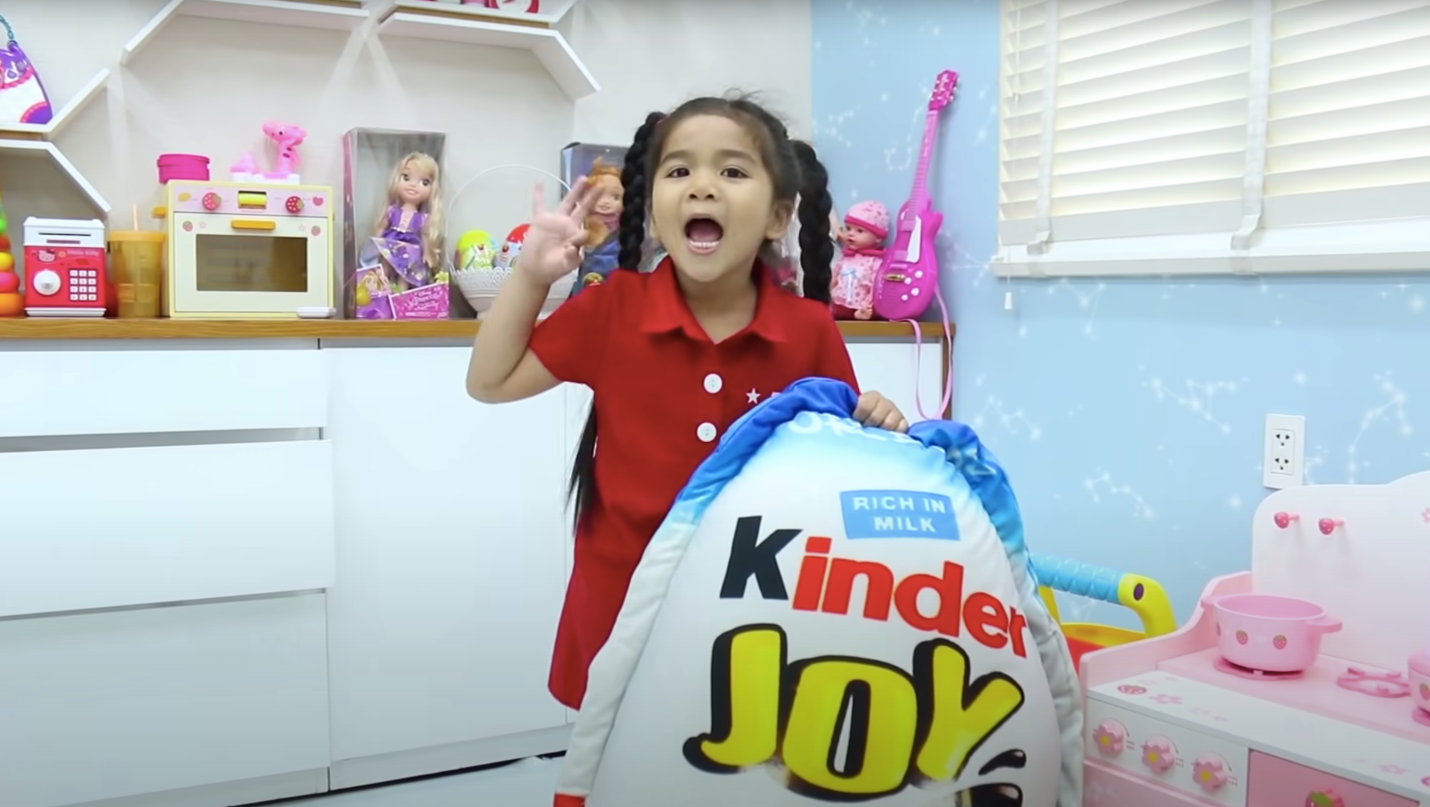Despite Ban, YouTube Is Full Of Junk Food Promos For Kids
A UConn study found that child influencers are all about one thing: junk food.
I grew up in the '90s and early '00s, when virtually all advertising on children's television was for junk food. In fact, I still remember quite a few ad campaigns all these years later. Who could forget Sonny the Cuckoo Bird, who was famously cuckoo for Cocoa Puffs? Or the silly rabbit, who couldn't seem to comprehend that Trix are for kids, no matter how many times he was told?
Well, times are different now. Hardly anybody watches cable anymore; it's all about YouTube. While there are now fewer opportunities for major brands to push their sugar-laden wares to kids via traditional 30-second ad spots, that doesn't mean young viewers are protected from the most craven marketing tactics. Via YouTube influencers, the persuasive tactics have burrowed their way deeper into the programming itself.
Although YouTube banned food ads on children's content in 2020, a new study from the University of Connecticut found that those foods are very often featured in content specifically targeted at kids. In the study, 66% of videos from the most popular kid-influencers on YouTube contained at least one appearance of food, whether explicitly branded or not. Of the explicitly branded appearances, 42% were candy while "sweet/salty snacks, sugary drinks, and ice cream" made up a combined 32%.

The YouTube algorithm mostly pushes me videos of Drag Race podcasts and old episodes of To Catch a Predator, so the whole concept of "child influencers" is new to me. It's pretty much the modern-day version of a child star, and these child internet celebs seem to have as much pull as their predecessors: Per a Common Sense Media study, 27% of 5- to 8-year-olds actively subscribe to at least one kid influencer on YouTube. (That stat blows my mind. How are 5-year-olds even using YouTube?!)
Rather than explicit ads breaking up the programming, these videos slyly feature products as part of the plot. One channel, Like Nastya Show, has over 42 million subscribers. In one of the young creator's videos, which has 23 million views, Nastya keeps pulling sweet treats out of her lunchbox, only to be one-upped by her friend who has supersized sweet treats.
The study concluded that YouTube needs to do a better job "to protect young children from potential exposure to unhealthy branded foods." Again, American children have long been directly marketed unhealthy foods; it's just the manner of marketing that's different, and more insidious.
Presumably, these child influencers are being exploited by the adults around them, just like the child stars of yore. Like Nastya Show, for example, features several motion graphics in each video, and I doubt a child with baby teeth knows how to use After Effects. Measures should certainly be put in place to protect child influencers and their viewers equally. I hope Nastya has a Coogan account.
